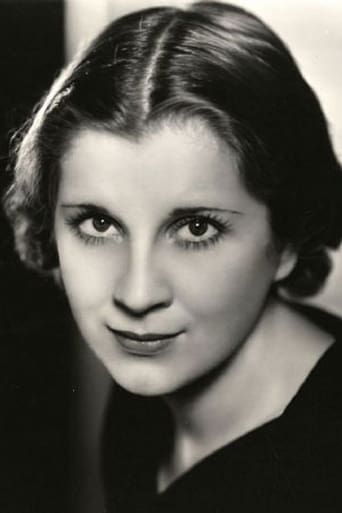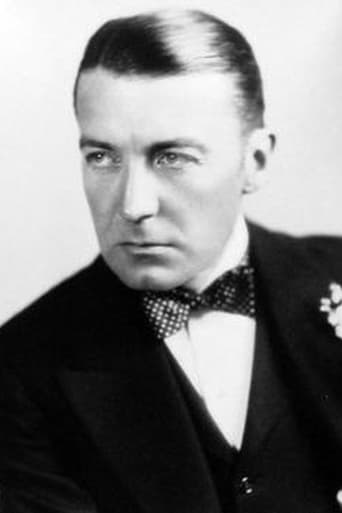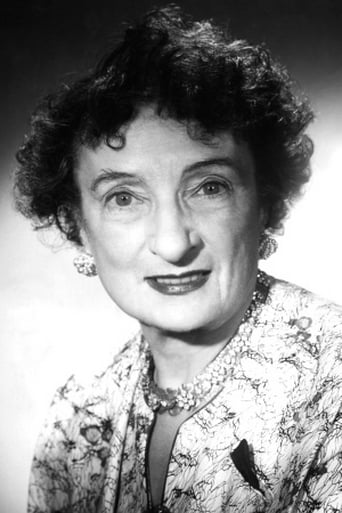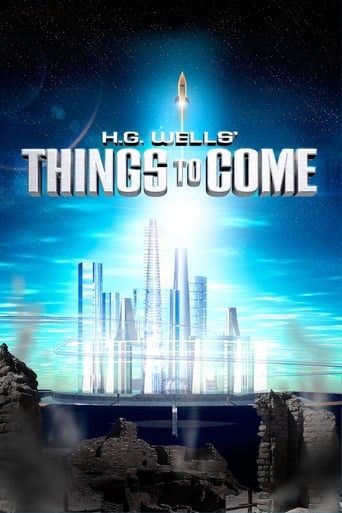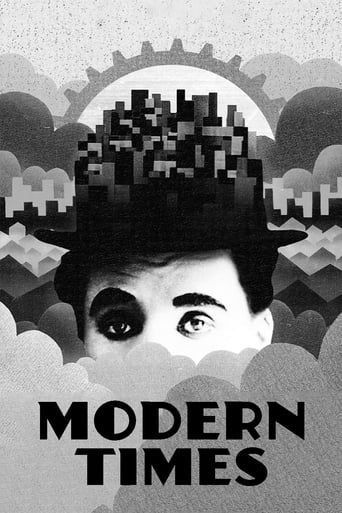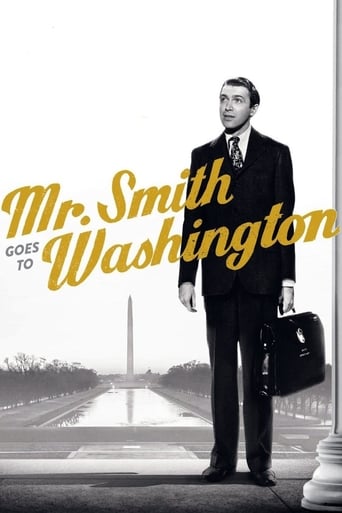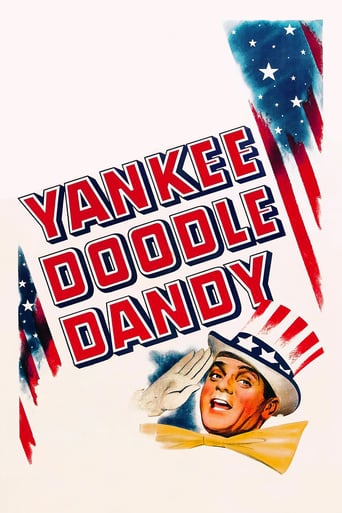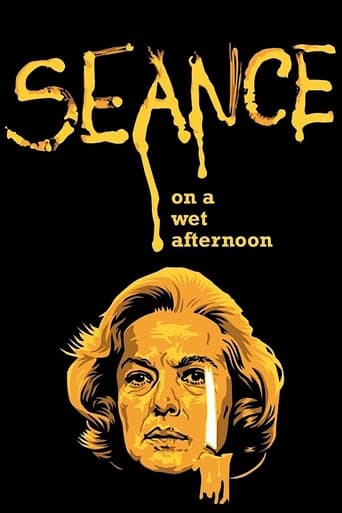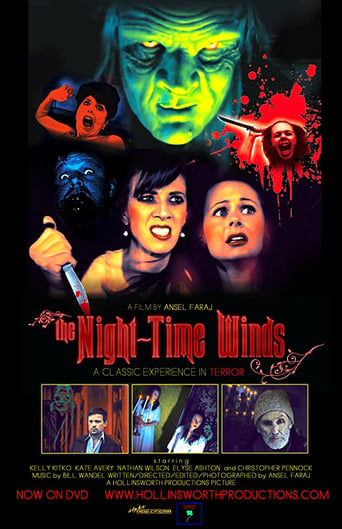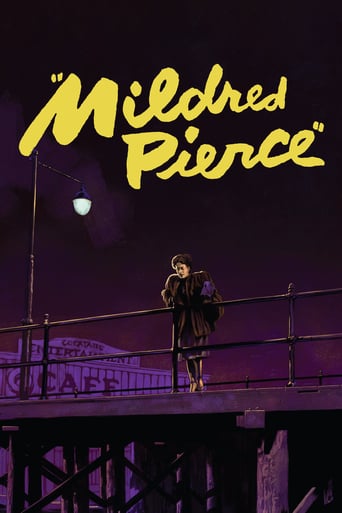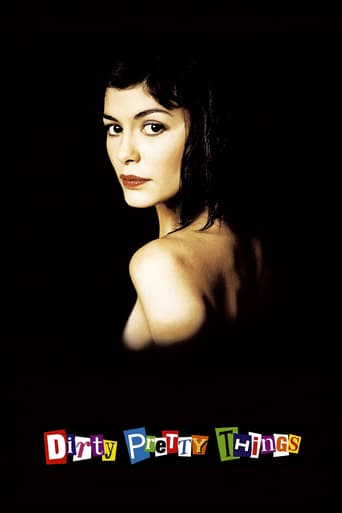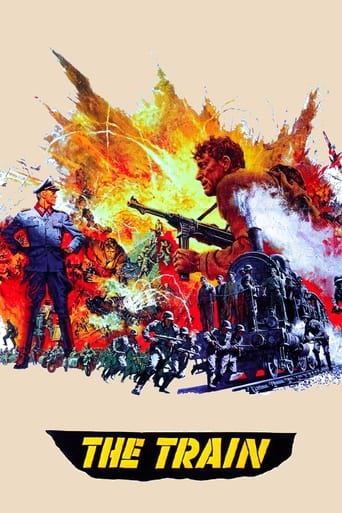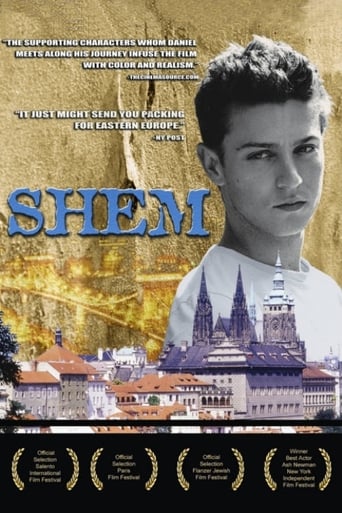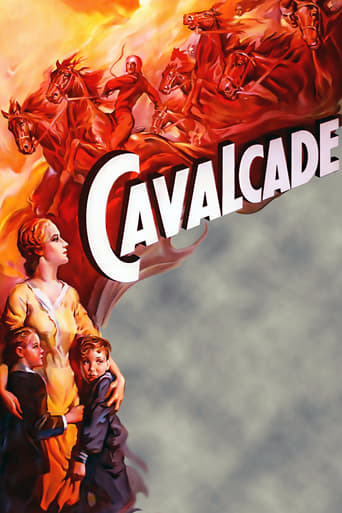
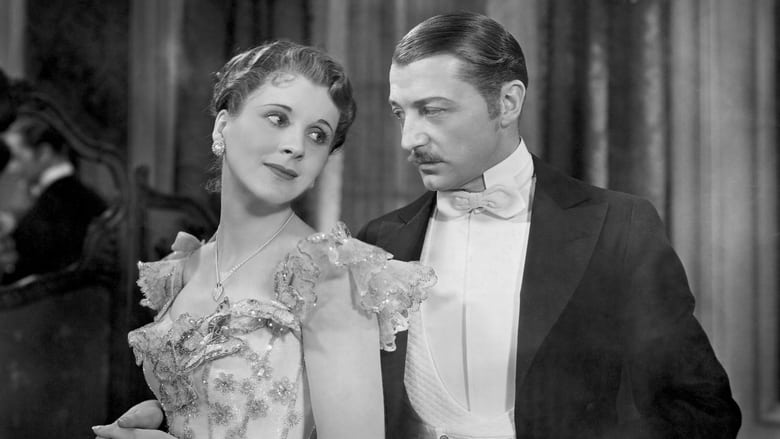
Cavalcade (1933)
A cavalcade of English life from New Year's Eve 1899 until 1933 is seen through the eyes of well-to-do Londoners Jane and Robert Marryot. Amongst events touching their family are the Boer War, the death of Queen Victoria, the sinking of the Titanic, and the Great War.
Watch Trailer
Cast


Similar titles
Reviews
Interesting chronology of early-1900s English history and life.The English experience, from 1899 until 1933, seen through the eyes of an upper-middle class family, the Marryots. We also, to an extent, see the world from the eyes of a working class family, the Bridges. Events covered include the Second Anglo-Boer War, the death of Queen Victoria, the sinking of the Titanic, World War 1 and its aftermath.Interesting, from an historical perspective and how the average Englishperson perceived these events and was caught up in them. Quite dry though - the degree of engagement is quite limited and it feels more like a series of historic events unfolding than characters whom we have any attachment to being involved in them. However, the lack of engagement in the middle section is made up for by a an emotional and powerful ending which brings everything together.Won the Best Picture Oscar in 1934 (plus Best Director for Frank Lloyd and Best Art Direction).
. . . since Germany had, with ALL QUIET ON THE WESTERN FRONT, the ONLY foreign movie ever to win the "Best Picture" Oscar (1930). Or perhaps WINGS "started the fire," as the first claimant of this top prize in 1928. But both of these "best pictures" focused on WWI (or "the Great War," as it was called until the 1940s), while the 1933 top Oscar winner, CAVALCADE, is far more diffuse, covering 33 years of British history and even throwing in the kitchen sink! Yes, CAVALCADE is the template for PBS' perennial TV favorites, UPSTAIRS DOWNSTAIRS and DOWNTON ABBEY. As Billy Joe realized when he wrote his #1 hit in 1989 cataloging 119 items of mental furniture for the late Beatnik and early Baby Boomer Generations, a montage of headlines can be enough to create quite sentimental Art, reminding your "target audience" of its Youth. CAVALCADE is quite upfront about its intentions, daring viewers to observe a family (no doubt like themselves--in 1933, that is; AND, you have to count the servants, of course, for the realists in the audience) buffeted by "the cavalcade of the New 20th Century." Why not give household members tickets to the Boer War in South Africa, a place at the front of Queen Victoria's funeral cortège, a space at the railing on the Titanic, a white cross in a WWI cemetery, a knighthood, a showgirl, and a champagne toast on two New Year's Eves to bracket everything else? There's a continuing motif here of "ghost riders in the sky," presumably to symbolize the passing cavalcade of this flick's title. Though it is up to History to determine whether this movie OR Billy Joel's ode will be meaningful at the NEXT turn of a century (when everyone with a living memory of the events of either may have passed on), the superimposed battle sequences of WWI in CAVALCADE are among the most stirring martial art ever presented on screen.
For those of you keeping up with my retrospective on all the Best Picture winners up to now, you will know these writers, directors and actors were still not accustomed to the transition to talkies, but they were slowly getting the hang of it. And on top of it all, they were even taking advantage of the visual medium. The sets, the ability to shoot on location, the cinematography, the lighting, and down the road, the color of the film itself all helped contribute all kinds of creative ways for these filmmakers to either make the impossible possible, or reliving the past. King Kong, a film that came out in 1933, is one of those films that accomplished this task and so much more.But unfortunately, we're not reviewing King Kong today because it didn't win Best Picture. It wasn't even nominated. What won instead, unfortunately, was a film that made no attempt at all to take advantage of what film as a medium has to offer; Cavalcade. Yeah, they adapted one of the drollest of plays into a feature film, and people actually loved it.What's the story? It's the life of an English couple from the New Years Eve of 1899 up until then-present day 1933 as they experience historical events include the Second Boer War, the death of Queen Victoria, the sinking of the Titanic, and World War I among many other things. And within the now-reasonably short running time of 110 minutes, then that means the film's going to be either exciting or rushed. This film is anything but exciting; it's dull as a rock. There is absolutely no soul in this picture at all.And the picture is indeed rushed. These events are just glanced over for no good reason other than to show that they lived through them, and they never seem to show how much they impacted them or the world around them. There's nothing interesting about these characters or this story whatsoever. And what's worse is that these events don't seem to impact the viewer in any way because those scenes are executed in a manner identical to those of a play; you never see these events happen. Come, on! We already had 2 War films win Best Picture in the past; where's the budget? Where are the calamities? For a sentimental film, this film sure does feel devoid of any real emotions.And that's why I call this film dull and soulless; there's no logic or reason, no critical thinking, not even pure sentimental hogwash. At least all the previous nominees had a semblance of a soul; this film doesn't. This film is completely static and unmoving to say the least. The acting is boring, the characters are boring, and the story is boring. There is nothing positive to say outside of the fact that the premise had promise. More extravagance (to help these events leave a bigger impact), about 20 or 30 more minutes added to the running time, and more interesting characters. That is all that is needed to make this film any good. So while the film is pretty bad, it is salvageable. I would just skip it if I were you. 2.5 out of 10 rounded up to 3 out of 10.
This is one of those sweeping intergenerational stories of an upper-middle-class British families in which the children grow up over the course of thirty or so years, with the older and the younger generations each encountering triumph and tragedy. There's a bit of class conflict thrown in when the daughter of the kitchen maid becomes a successful and wealthy singer and the upper-echelon son of the ruling family fall in love with each other. There are some musical interludes, none of the songs written by the author of the play from which this film derives.That author was Noel Coward. Coward was great in some of his movie appearances, which ranged from the heroic ("In This We Serve") through the comic ("Our Man in Havana") to the somewhat bizarre and slightly menacing ("Bunny Lake Is Missing"). I quite like the guy.Yet this story seems pointless to me in many ways. A lot of these epic movies about subsequent generations and their adaptation to social change do. I know Noel Coward's work is esteemed, and I know we should all keep a stiff upper lip and hope for the best, but as one New Year celebration follows another, the message gets tiresome. Really, I was saddened by some of the turns taken by events, but didn't much give a damn what happened to any of the characters, all of whom struck me as animated messages rather than living people.What tragedy. Let me see. In the beginning there is the Boer War. The death of the Old Queen. Then two characters from the household discover they love one another -- on the Titanic. Then there is World War I. That's followed by the Jazz Age with all its threats, and what noisome threats to social stability they are -- drinking is flagrantly shown on the screen, along with homosexuality (that's a laugh, coming from Noel Coward), the threat of yet another war, art moderne, smoking cigarettes (well, we've gotten rid of that filthy nuisance), blues singers, and long fluffy feathers.At the end, the original father and the original mother, now old and a little bent, toast each other delicately. They turn and look solemnly into the camera and the mother pronounces a long toast to both the past and the future while the viewer pendiculates. Then, arm in arm, the stroll to the balcony and smile at the New Year celebration in the streets below.I suppose this sort of thing appeals to a good many people. There seems no avoiding these stories. If there IS a way of slipping past them, would someone let me know?


